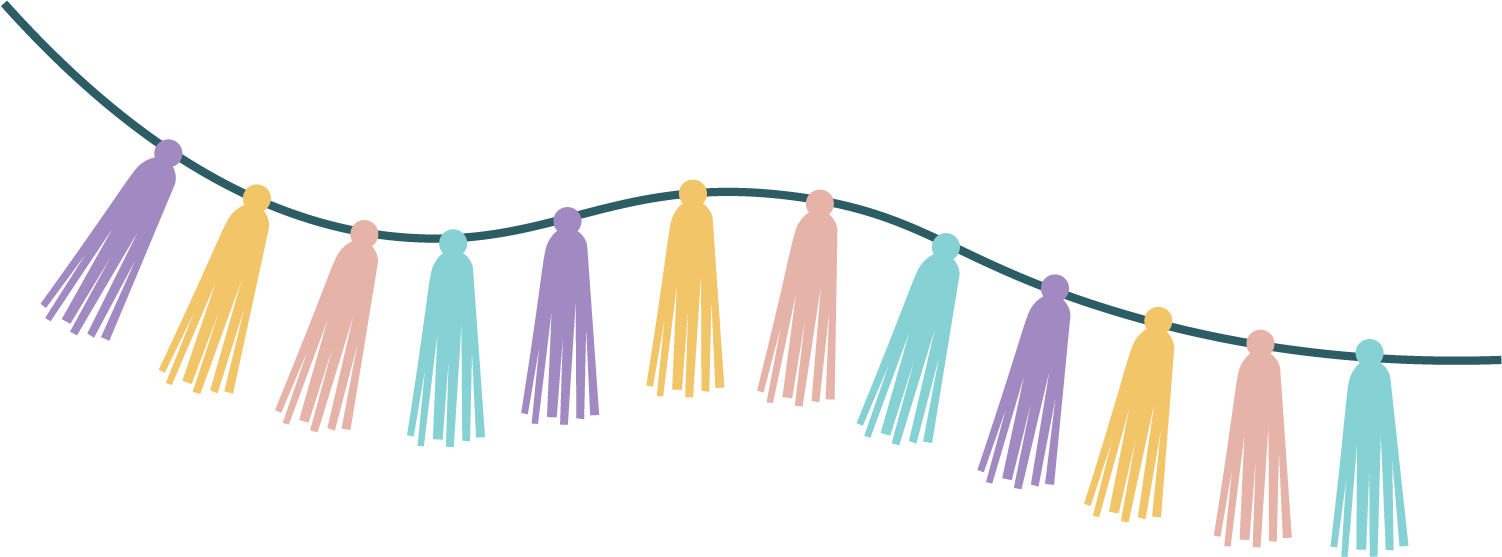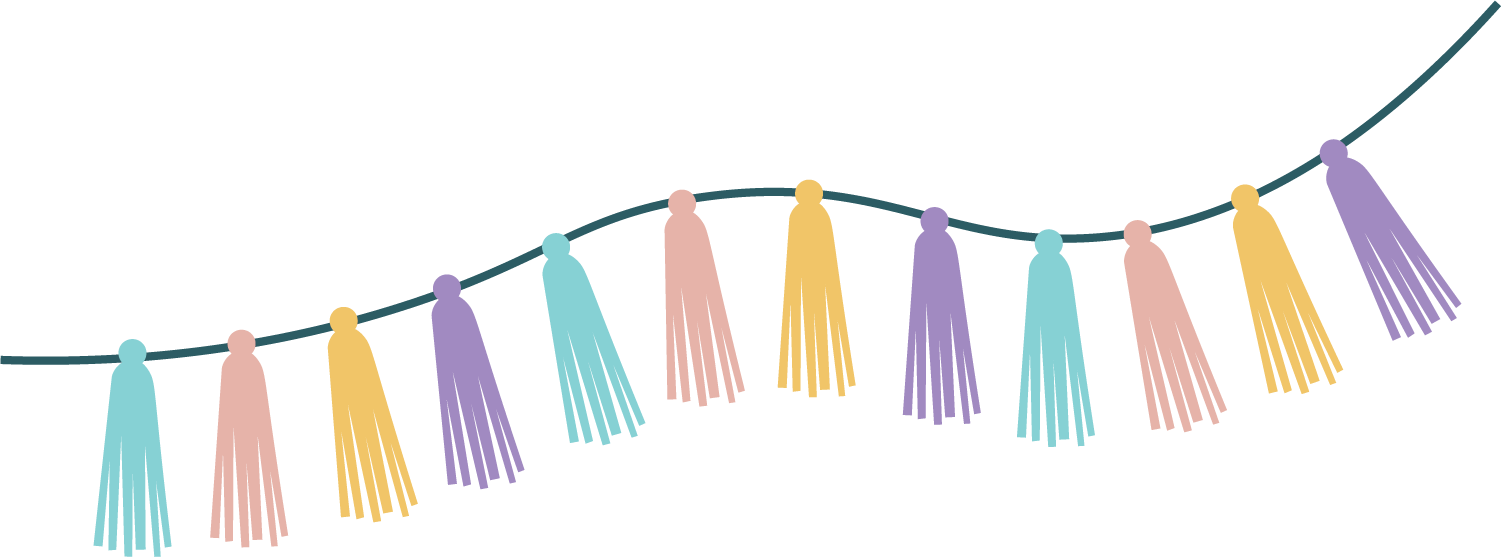Applied Behavior Analysis (ABA) therapy is widely recognized for its effectiveness in treating individuals with autism spectrum disorder (ASD) and other developmental disabilities. When considering ABA therapy, one of the critical decisions families face is whether to opt for center-based services or in-home services. Both approaches have their merits, but center-based ABA services offer several distinct advantages that may suit certain families and individuals better. Here’s a detailed exploration of the benefits of center-based ABA services compared to in-home services for aba providers Rancho Mirage CA.
Structured Learning Environment:
Center-based ABA services excel in providing a structured learning environment meticulously crafted to optimize skill acquisition and behavior modification for individuals with autism spectrum disorder (ASD) and related developmental challenges. This setting is purposefully designed to foster an atmosphere of predictability and support, essential for the progress of those undergoing therapy.
Specialized Therapy Rooms: Within the center, therapy rooms are strategically organized to cater to different aspects of therapy. These rooms may include areas for discrete trial training (DTT), which focuses on intensive skill practice in a controlled setting. Other rooms might be designed for natural environment training (NET), where skills are generalized to settings that mimic real-life scenarios. Each room is equipped with age-appropriate materials and tools that align with the individual’s therapy goals, ensuring targeted and effective interventions.
Tailored Materials and Equipment: Central to the success of center-based ABA services is the availability of specialized materials and equipment tailored to the unique needs of each client. Visual schedules, communication devices, and adaptive learning aids are among the resources carefully selected to support therapy sessions. These tools not only facilitate learning but also help in managing behaviors and promoting independence.
Consistency and Routine: Consistency is paramount in ABA therapy, particularly for individuals with ASD who thrive on predictability. The structured setup of a center-based environment ensures that therapy sessions are conducted at consistent times and in familiar settings. This routine not only enhances the individual’s comfort and engagement but also maximizes learning opportunities by minimizing distractions and interruptions.

Specialized Staff Expertise:
Centers offering Applied Behavior Analysis (ABA) services are distinguished by their diverse and specialized team of professionals, each bringing expertise crucial to the comprehensive care of individuals with autism spectrum disorder (ASD) and related developmental challenges. This multidisciplinary approach ensures that therapy is not only effective but also tailored to address each individual’s unique needs and strengths.
Board Certified Behavior Analysts (BCBAs): At the forefront of center-based ABA services are Board Certified Behavior Analysts (BCBAs), highly trained professionals who design and oversee individualized treatment plans. BCBAs conduct assessments, analyze data and develop strategies to promote positive behavior change and skill acquisition. Their expertise in behavior analysis is fundamental to shaping therapeutic interventions and measuring progress over time.
Registered Behavior Technicians (RBTs): Working under the supervision of BCBAs, Registered Behavior Technicians (RBTs) implement behavior intervention plans and provide direct one-on-one therapy sessions with clients. RBTs are trained in ABA techniques and play a critical role in delivering structured interventions, collecting data on progress, and reinforcing positive behaviors. Their hands-on approach ensures consistency and continuity in therapy implementation.
Speech Therapists and Communication Specialists: Many centers integrate speech therapists and communication specialists into their teams to address language development, communication skills, and social interaction. These professionals assess speech and language abilities, design communication strategies, and provide targeted interventions to improve verbal and non-verbal communication skills. Their expertise enhances the effectiveness of ABA therapy by fostering expressive and receptive communication skills essential for daily interactions.
Socialization Opportunities:
Center-based Applied Behavior Analysis (ABA) services offer invaluable opportunities for social interaction and peer learning, which are crucial components of holistic therapy for individuals with autism spectrum disorder (ASD) and related developmental challenges. By fostering structured socialization settings within the center environment, these services promote social development and enhance the quality of life for clients.
Structured Group Activities: One of the primary advantages of center-based ABA services is the provision of structured group activities designed to encourage social interaction and collaboration. These activities may include group games, cooperative tasks, and team-building exercises tailored to the developmental level and interests of participants. Engaging in group settings allows individuals to practice turn-taking, sharing, and cooperative play under the guidance of trained professionals.
Social Skills Classes: Many centers incorporate dedicated social skills classes into their program offerings. These classes focus on teaching essential social skills such as initiating conversations, maintaining eye contact, understanding social cues, and resolving conflicts peacefully. Through structured lessons and role-playing scenarios, participants learn and practice these skills in a supportive environment conducive to skill acquisition and confidence-building.
Peer Modeling and Interaction: Center-based ABA services facilitate meaningful peer interactions where individuals with ASD can observe and learn from their peers. Peer modeling encourages the imitation of positive behaviors and social norms, promoting social learning and integration. Trained therapists and staff members facilitate these interactions, providing guidance and reinforcement to ensure positive social exchanges and mutual understanding.
Dedicated Learning Environment:
Unlike home settings that may present distractions or lack specialized learning materials, centers are designed to be conducive to learning and therapy. They offer a range of resources such as visual aids, communication tools, and educational toys that are vital for effective ABA therapy implementation.
Consistency and Generalization of Skills:
Center-based ABA services facilitate consistency in therapy implementation across different environments. Skills learned and generalized within the center setting are more likely to transfer to other environments, such as school or community settings. This generalization of skills is essential for promoting independence and adaptive behavior outside of therapy sessions.
Professional Collaboration and Supervision:
Centers provide a platform for ongoing collaboration and supervision among ABA professionals involved in the individual’s care. BCBAs and other therapists can quickly consult with each other, share insights, and adjust treatment plans based on observed progress. This collaborative approach ensures that therapy remains individualized and effective.

Family Support and Education:
Many centers offering ABA services also provide support and education for families. They may offer parent training sessions, workshops, and resources to help families understand and implement ABA techniques at home. This support is crucial for fostering consistency between therapy sessions and daily routines at home.
Cost-Effectiveness:
While cost can vary depending on location and specific services, center-based ABA services can be more cost-effective for families compared to in-home services. Centers often have resources and facilities that are shared among multiple clients, reducing individual costs compared to providing ABA therapy exclusively in a home setting.
Conclusion
Socialization opportunities provided by center-based Applied Behavior Analysis (ABA) services play a crucial role in promoting social development, fostering peer relationships, and enhancing the well-being of individuals with autism spectrum disorder (ASD). Through structured group activities, social skills classes, peer interactions, play sessions, community outings, and family involvement, centers create supportive environments where clients can learn, grow, and thrive socially. The integration of socialization into therapeutic interventions underscores the holistic approach of center-based ABA services in addressing the diverse needs and goals of individuals on the autism spectrum.
For more information on how center-based ABA services can benefit your loved one or to schedule a consultation, contact us at Dream Big Children’s Center. Our team of experienced professionals is dedicated to supporting your child’s social and developmental journey.
FAQs
What are Applied Behavior Analysis (ABA) therapy services?
ABA therapy is a scientifically validated approach that aims to improve social, communication, and learning skills through positive reinforcement. It is widely used for treating individuals with autism spectrum disorder (ASD) and other developmental disabilities.
What is the main difference between center-based and in-home ABA services?
The main difference lies in the setting where the therapy is provided. Center-based ABA services are conducted in a specialized facility designed for treatment, while in-home services are provided in the individual’s home.
What are the advantages of a structured learning environment in center-based ABA services?
Center-based ABA services provide a structured learning environment with specialized therapy rooms and tailored materials. This environment is designed to enhance skill acquisition and behavior modification through consistency, routine, and reduced distractions.
How do specialized therapy rooms in centers benefit individuals with ASD?
Therapy rooms in centers are organized to address different therapy aspects, such as discrete trial training (DTT) and natural environment training (NET). These rooms are equipped with age-appropriate materials and tools that align with the individual’s therapy goals, ensuring targeted and effective interventions.
What types of specialized staff are typically available in center-based ABA services?
Center-based ABA services often include a diverse team of professionals, such as Board Certified Behavior Analysts (BCBAs), Registered Behavior Technicians (RBTs), speech therapists, and communication specialists. This multidisciplinary approach ensures comprehensive care and effective therapy.
How do BCBAs and RBTs contribute to center-based ABA therapy?
BCBAs design and oversee individualized treatment plans, conduct assessments, and develop strategies for behavior change. RBTs implement these plans through direct one-on-one therapy, ensuring consistency and continuity in intervention.
What role do speech therapists and communication specialists play in center-based ABA services?
Speech therapists and communication specialists focus on language development, communication skills, and social interaction. They provide targeted interventions to improve both verbal and non-verbal communication skills, enhancing the overall effectiveness of ABA therapy.
What socialization opportunities do center-based ABA services offer?
Center-based services offer structured group activities, social skills classes, and peer interaction opportunities. These settings promote social development by encouraging turn-taking, sharing, cooperative play, and learning from peers.
How does the dedicated learning environment of a center compare to a home setting?
A center is specifically designed to be conducive to learning and therapy, with resources like visual aids, communication tools, integration equipment, and educational toys. These resources are vital for effective ABA therapy and are often not available in a home setting.
How do center-based ABA services ensure consistency and generalization of skills?
The structured environment of a center facilitates consistent therapy implementation. It helps individuals generalize skills across different settings, such as school and community environments. This promotes independence and adaptive behavior beyond therapy sessions.


